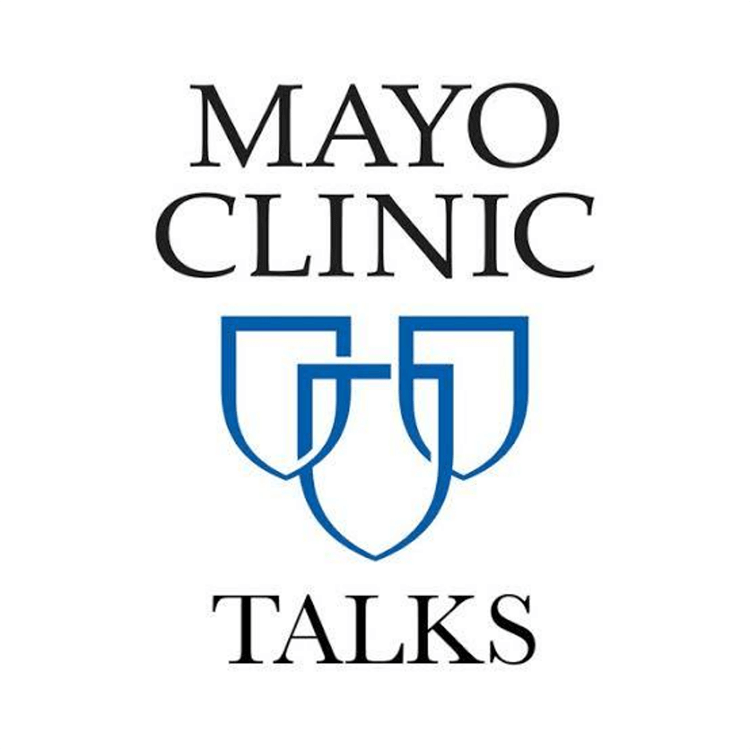Rheumatology Edition | When Are Rheumatology Lab Tests Indicated?
Host: Darryl S. Chutka. M.D. [@chutkaMD]
Guest: Ashima Makol, M.B.B.S.
Guest: Matthew J. Koster, M.D.
Rheumatologic problems are some of the most common health conditions we see as primary care professionals. In many cases, taking months and sometimes years to properly diagnose, rheumatologic conditions can become frustrating for both the provider and the patient. There are a variety of new tests available to help us establish a diagnosis, as well as multiple new and effective treatment options. This episode is part of a seven-episode mini-series on Mayo Clinic Talks dedicated to rheumatologic health problems to aid in the recognition, diagnosis, and treatment for your patients. Please find these episodes where you listen to podcasts or on ce.mayo.edu.
We have multiple laboratory tests available to help us diagnose rheumatologic conditions; rheumatoid factor, ANA, ESR, CRP and more. It’s gotten quite confusing trying to decide which tests to order when we suspect a specific rheumatologic problem. When are these tests helpful? How specific are these tests for the condition we’re trying to diagnose and what does it mean when we have a positive but low titer test in an asymptomatic patient? In today’s podcast, we’ll answer these questions and more with our guests, Ashima Makol, M.B.B.S., and Matthew J. Koster, M.D., both from the Division of Rheumatology at the Mayo Clinic.
Connect with the Mayo Clinic’s School of Continuous Professional Development online at https://ce.mayo.edu/ or on Twitter @MayoMedEd.

































